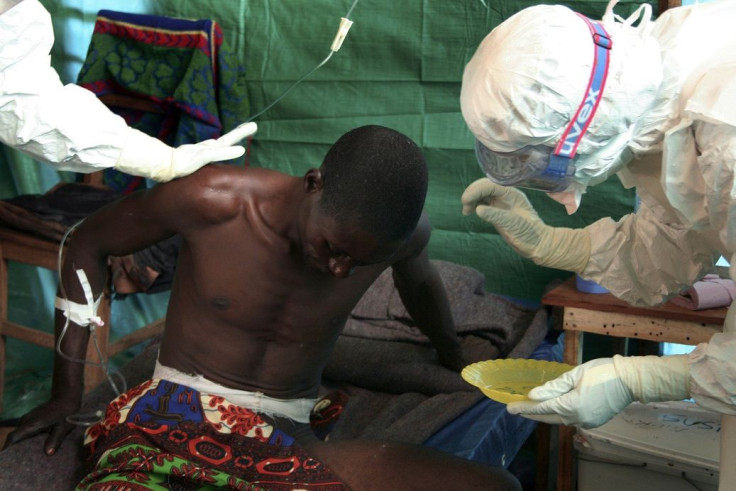WHO: Ebola Outbreak in DR Congo is Out of Control

The World Health Organization (WHO) reports that the Ebola outbreak in the Congo is out of control and, if left unchecked, will spread to major cities.
Within the past week, the number of people who have died from the disease has doubled to 31. Five health workers have died from the disease.
The outbreak began in Isiro in August. Isiro is located in the northeast province. Since then, the illness has spread to Viadana, and WHO officials worry that the disease will spread to major towns.
In August, 16 people in Uganda died from the disease, but officials say that the outbreaks are unrelated. They say that this outbreak stems from people eating contaminated meat from the neighboring forests, as well as the traditional practice of washing corpses before funerals. They also said that lack of public knowledge about Ebola is helping to spread the disease.
This is the Congo's ninth outbreak of Ebola, but the first in the northeast province of the Haut-Uele territory. Ebola kills up to 90 percent of its victims, and there is no cure for the disease, which was discovered in 1976.
It is not known how it originated in 1976 nor is it known how outbreaks begin. Researchers suspect that outbreaks begin with contact with infected animals. Primates have been known to carry the disease as well; in fact, though Ebola outbreaks in humans have only occurred in six countries in Africa, laboratory monkeys in the United States and Italy have become ill with the disease. In those cases, the disease was imported from the Philippines.
According to the Centers for Disease Control and Prevention, Ebola is transmitted through contact with the blood, secretions or objects of an infected person.
The symptoms of Ebola progress from fever, headaches, joint and muscle ache to diarrhea and vomiting. Patients can also develop a rash, hiccups, and internal and external bleeding.
The disease was named after a river in the Democratic Republic of the Congo, where it was first discovered.
Published by Medicaldaily.com



























